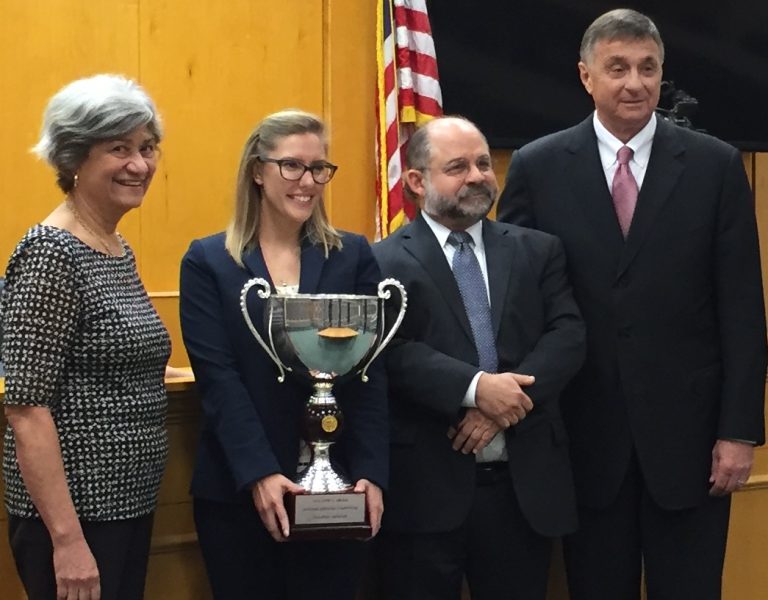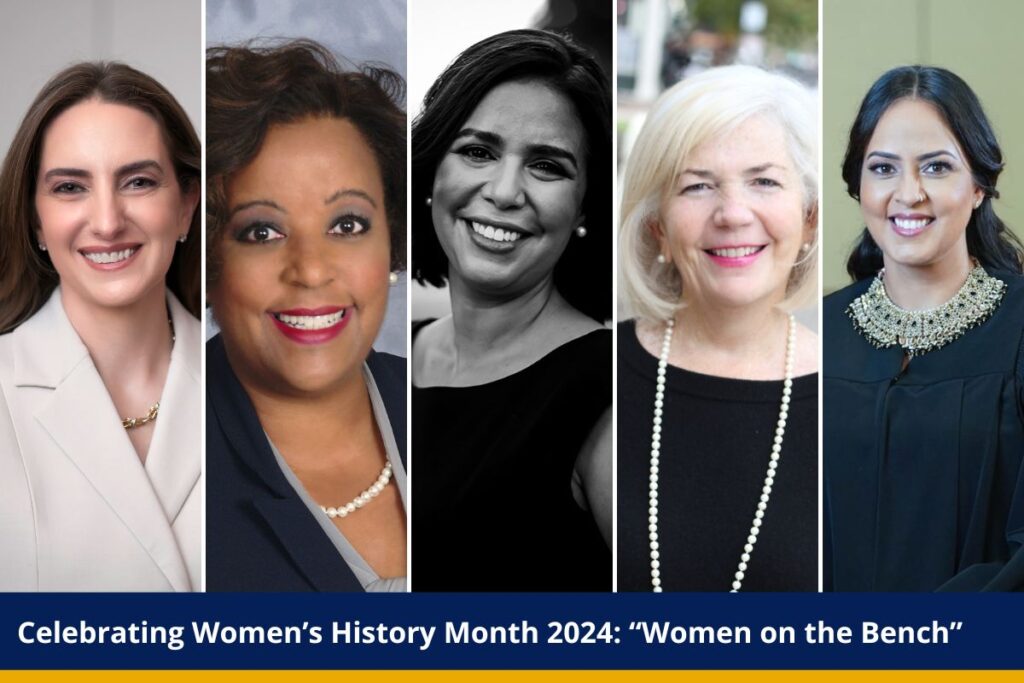
While the legal profession has been dominated by men for many generations, current statistics show more and more women are entering the field. At South Texas College of Law Houston, the current student body is 54% female. While the demographics are beginning to shift, the gender gap in the legal profession — and subsequent “gavel” gap — will be with us for the foreseeable future.
A century ago, women faced barriers to entering law school. After those issues were resolved, they faced, and continue to face, barriers to success. The numbers shared by the American Bar Association (ABA) tell the tale.
Nationally, gender numbers in the profession have changed drastically over the past 70 years. From 1950 to 1970, only 3% of lawyers were women. The percentage has edged up dramatically since then – to 8% in 1980, 20% in 1991, 27% in 2000, and 39% in 2023. Although they have made tremendous gains, women remain underrepresented in the legal profession.
The ABA statistics also tell us that women are not represented equally in law firm leadership: 32% of non-equity partners are female, but the percentage drops to 22% for equity partners and to 12% for managing partners.
The underrepresentation is also apparent in the judiciary. According to the National Association of Women Judges (NAWJ), women account for only 34% of judges nationwide, including the Supreme Court of the United States. This percentage holds true for Texas judges. Of 1,314 positions, 449 are held by women.
Despite the current disparity, promising numbers can be found. First, the data on law school enrollments over the last decade indicates the gender gap is poised to narrow. Although more women than men have been attending law school over the last several years, it will take time to achieve equality. Second, an encouraging trend has evolved in Harris County’s courtrooms.
Of the 191 judicial positions seated in Harris County, a robust 49% are held by women. The 93 women currently serving on the bench do so at every level of the judiciary except for the U.S. Bankruptcy Court. These judges — some appointed, some elected — help pave the way for future generations of diverse legal professionals to pursue their aspirations with confidence and determination.
South Texas College of Law Houston is the alma mater for some of these female jurists. We recently spoke with five of them to learn about their journey from attorney to judge, and what they believe women bring to the bench. Although their paths and passions differ, they all share a love for fairness and justice and are proud to serve the public.
The Hon. Kristen Hawkins ’99
11th District Civil Court, Harris County
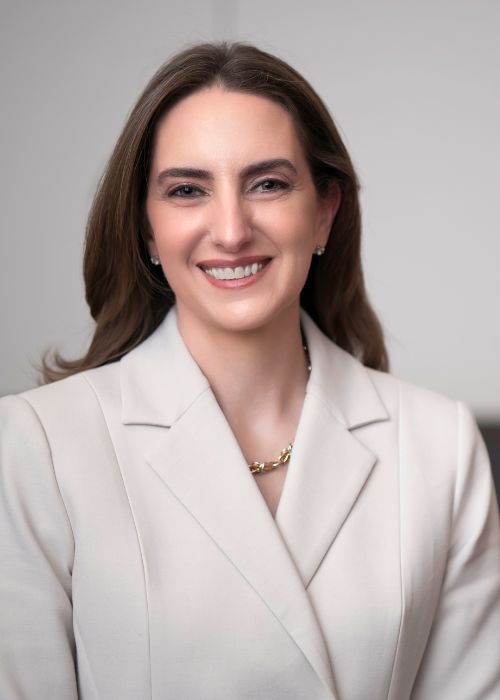
“I am proud to have been elected as judge of the 11th District Court in 2016 and re-elected in 2020,” said Judge Kristen Hawkins. She believes civility, professionalism, and respect are fundamental values that should be upheld in the legal profession. Her immigrant mother and fourth-generation Texan father raised her to live these values every day, and they guide her actions on the bench.
Hawkins credits growing up in an environment of law and politics with shaping her career path. Her father was a criminal defense attorney, and she frequently heard from those around her that she had the right temperament for the profession. “Everyone else knew before I did,” said Hawkins.
She attended Alief Hastings High School and pursued higher education at the University of Texas at Austin, where she earned a bachelor’s degree. She later obtained her law degree from South Texas College of Law Houston, graduating magna cum laude.
“Before my election to the bench, I gained extensive experience in civil litigation, including cases related to medical malpractice, premises liability, wrongful death, mass tort, construction, property tax, and Social Security disability,” Hawkins said.
Double board certified in Civil Trial Law and Personal Injury Law by the Texas Board of Legal Specialization, she was honored in 2021 by the Texas Chapters of the American Board of Trial Advocates (Tex-ABOT) as Jurist of the Year. She earned this recognition for working diligently and passionately as chair of the Jury Committee and the Covid Response Team to preserve the right to jury trials in Harris County during the height of the pandemic.
“We knew NRG was available, as there were no shows or sports events taking place,” Hawkins said. “Once we secured that location, we worked out all the other details and made it happen. We empaneled 300 juries there. It was complicated, but we knew if our legal system did not work in a time of crisis, we were in trouble.”
In addition to her usual docket of cases, Hawkins has been appointed to serve as the judge for two complex MDL lawsuits, one of which is In Re Astroworld. “I am always aware that my decisions impact the course of a trial. My job is to keep people focused, on track, moving forward, and following the rules,” she said.
Hawkins’ expertise and skills as a jurist are not all it takes. “I also bring my life experience as a woman to the bench” she said. “I try to be compassionate and recognize that everyone has human needs. And sometimes, I am the only woman in the courtroom. Having a mix of people whose experiences are inherently different involved in the justice system is important. Having women in the courtroom and on the bench moves the profession forward and makes it better for everyone.”
The Hon. Ursula Hall ’95
165th District Court, Harris County
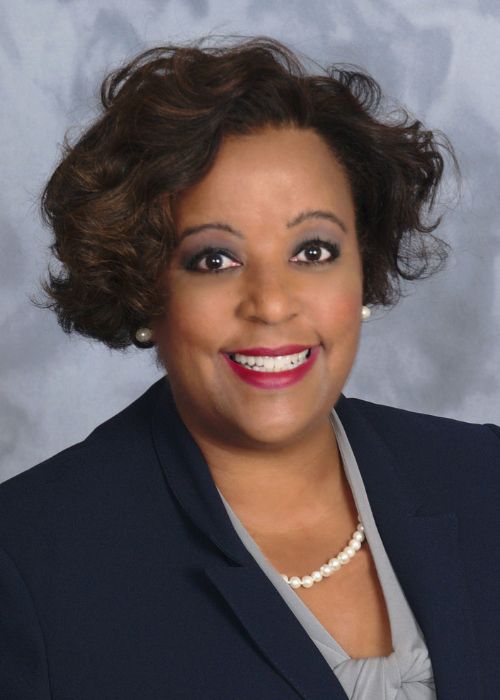
Native Houstonian Judge Ursula Hall was born into a politically active family dedicated to public service. Her father, Anthony Hall, Jr., is a former Texas state representative, lawyer, and Houston city councilmember. He would later be Houston’s city attorney under Mayor Lee Brown, then the city’s chief administrator under Mayor Bill White.
Hall attended Houston Independent School District’s Vanguard program for academically gifted and talented students, and graduated from Wellesley College, where she was the student government president. “I really wanted to be a lawyer,” Hall said. She earned her J.D. at South Texas College of Law Houston and is an active alumna. She is currently the vice president of the South Texas Alumni Association’s Black Alumni Chapter.
After graduating and passing the bar, Hall worked contract for a large law firm, but soon established a private practice with the goal of becoming a successful litigator. After a while, the woman who was raised to believe her duty in life was service began to think she might be better able to serve others by being a jurist, instead. She sought and accepted an appointment as an associate municipal judge and served in that capacity for 11 years.
Her experiences as a litigator and as an associate municipal judge are valuable to Hall in her current position. Her observations, interactions, and experiences, both personal and professional, led her to believe there is sometimes a lack of perspective on the part of the court and the judicial system. As a result, she feels she has been able to bring a different philosophical approach to the judiciary.
After two unsuccessful campaigns, Hall won an elected judicial seat as a Harris County district judge in 2016. “I was part of the overall trend that has brought many Democratic judges to the bench,” she said. Hall was re-elected in 2020 and will be on the ballot again in 2024.
“Women bring empathy to the bench. We are good at hearing both sides. And patient, for the most part. I strive to be fair, courteous, and polite to all involved,” Hall said. “It’s a wonderful privilege to serve, and the law is fascinating,” she said. “Judges interpret it, and often manage a balancing act to come away with solutions that are intellectually and legally accurate but also practical.”
The Hon. Erika Ramirez ’15
Harris County Criminal Court at Law No. 8
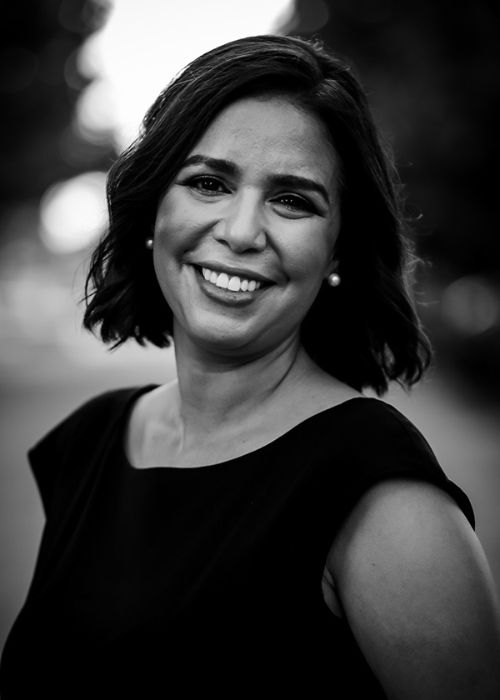
Born and raised in Harris County, Judge Erika Ramirez is the daughter of two social workers. She graduated from Bellaire High School, then studied public relations and communications in college. She did not plan to become a lawyer. “At that point I would never have thought I would someday be working in the district attorney’s office as a prosecutor,” she said.
After graduating from college and working in various roles using her PR skills, Ramirez came to see that she really wanted to help people. Her time as a caseworker’s assistant in the Harris County District Attorney’s office focused her attention on becoming a prosecuting attorney.
While a student at South Texas College of Law Houston, Ramirez volunteered for Child Advocates, serving as guardian ad litem, and for United We Dream, assisting “dreamers” in filing for citizenship relief. Recognized for her volunteerism by admission to the Pro Bono Honors Program and honored by the Pro Bono College of the State Bar of Texas for two consecutive years, she also interned for the Harris County Attorney’s Office. She assisted the litigation department in public nuisance filings, and the juvenile practice division in child protective services matters.
After passing the bar exam, Ramirez was hired as an assistant district attorney in Harris County. She handled misdemeanor and felony cases and has also served as a Criminal County Court of Law chief prosecutor.
After practicing for a while, she knew that she wanted to take the “next step” and become a judge. “It’s never a win when a young person is sentenced to prison,” Ramirez said. As a misdemeanor court judge, she feels she can intervene and keep young people from making the progression to felony offenses.
Ramirez describes herself as a judge who makes no judgments. Her goal is to be unbiased and allow the defendants before her to be heard and respected while participating in a fair legal process. She supports training and education programs for probationers because she knows everyone makes mistakes and believes people can learn to do better.
While feeling grateful to be able to help others, Ramirez acknowledges that being a judge and politician is difficult and requires sacrifice. “Women judges are hardworking, and we have tremendous drive. We also have compassion for each other and for the people we serve. I have not found it to be a competitive environment. We all want each other to do well and succeed.”
The Hon. Donna Roth ’87
295th District Civil Court, Harris County
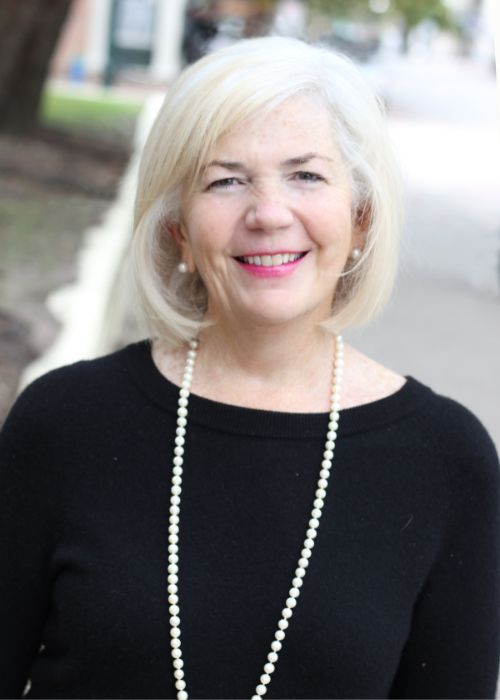
Judge Donna Roth’s story is a true American success story. It begins with her grandparents arriving in the United States through Ellis Island from Ireland and Italy in the early 1900s.
Growing up on Long Island, N.Y., in a family of modest means, Roth was the first to obtain a high school diploma. “Graduation day was a very big day,” she said. She went to work as an executive secretary, commuting to and from Manhattan each day.
After a while, Roth realized she needed a college education to compete in the world of work. She also was a fan of the TV crime show Hill Street Blues. She was intrigued by the female lead, Joyce Davenport, a fierce public defender. “I really wanted to be just like her,” said Roth.
Unable to afford to go directly to law school, Roth continued full-time work and a second night job to save enough money for law school. After a year, she was able to enroll at St. John’s University Law School, part-time, at night.
Roth completed her law school education at STCL Houston, graduating in the top 10 percent of her class. The oldest of 18 grandchildren, she is the first and only member of her family with a post-graduate degree.
After realizing she was not interested in criminal defense work, Roth began practicing law in September 1987 with a civil litigation firm in downtown Houston, becoming a partner at Thurlow, Roth and Garriga P.C. in January 1993. In July 1994, Roth started her own firm, Roth & Associates. “I wanted to be the best trial lawyer I could be. A balanced lifestyle was not an option. I chose trial law and the life it requires.”
Prior to taking the bench, her firm, Roth & Associates, employed six attorneys plus staff and maintained offices in Houston, New York, and Seattle. She is proud of her daughter, Andrea Roth ’14, a fellow South Texas graduate who practices in Houston.
“I wanted to become a judge because I was not ready to be done,” she said. “Litigation is a young person’s game. I wanted to give back. It’s important to have experienced, learned judges on the bench — people who know how things happen. I am proud to be part of a diverse judiciary here in Harris County.
Roth’s favorite part of being a judge is swearing in new attorneys. “They have energy and exuberance; they are on fire and ready to go. If I know them personally, it’s extra special. I almost always cry.”
She also finds time to be a mentor to law students. Most recently, her mentee is STCL Houston 3L Hailey Hutson, her former intern. “I am thrilled for her. She is working at a firm now that specializes in personal injury law. And I look forward to swearing her in as a Texas attorney.”
The Hon. Manpreet “Monica” Singh ’01
Harris County Court at Law No. 4
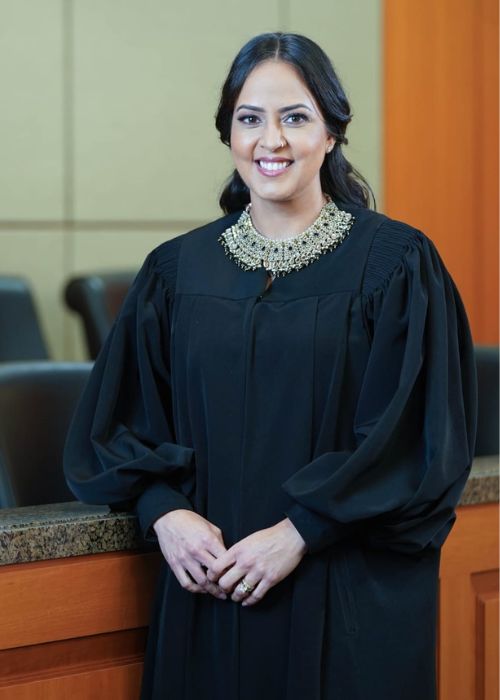
Judge Manpreet Singh has the distinction of being the first elected female Sikh on the bench in the U.S. While proud of her place in history, she is more excited about the opportunity for education that it brings.
A first-generation American, Singh was waiting for her bar results on Sept. 11, 2001. The immediate spate of hate crimes against Sikh people was shocking to her and other members of the fifth largest religion. As a result, she has been an advocate for cultural understanding and diversity, especially among legal professionals. Sikhism is the fifth largest religion in the U.S.,” Singh said. “It is a big part of the fabric of America. But so many people know nothing about it. I decided to become a spokesperson to help educate people and decrease the hatred that comes from fear of the unknown.”
Singh had a passion for litigation from the beginning and chose to attend South Texas College of Law Houston for its renowned advocacy preparation. “I was able to hit the ground running,” she said. “I had three hearings the week I was sworn in. After that, I lived in the courtroom.” After a career of more than 20 years as a litigator, Singh felt becoming a judge was a natural transition for her to make.
Singh enjoys the diversity of law she regularly encounters at the county court level. In addition to the pro separticipants and attorneys that come before her court, as a bonus, there are couples of various faiths that ask her to perform their marriage ceremony. “Weddings are such a beautiful part of the job,” she said.
“I value diversity on the bench, and I value being a woman, a first generation immigrant, and from the Sikh faith as part of that diversity,” Singh said. “We bring different experiences and a different level of empathy and compassion to the proceedings.” It took her being on the other side of the bar to see how much those diverse qualities affect each person who enters the courtroom.



